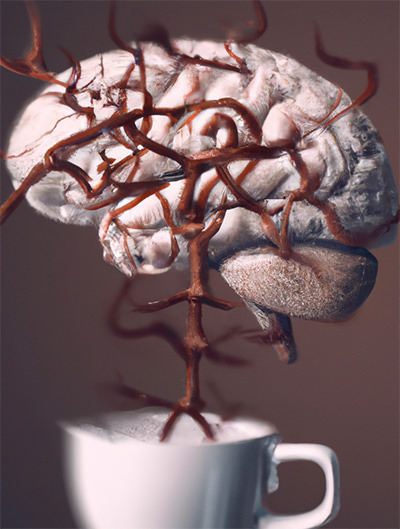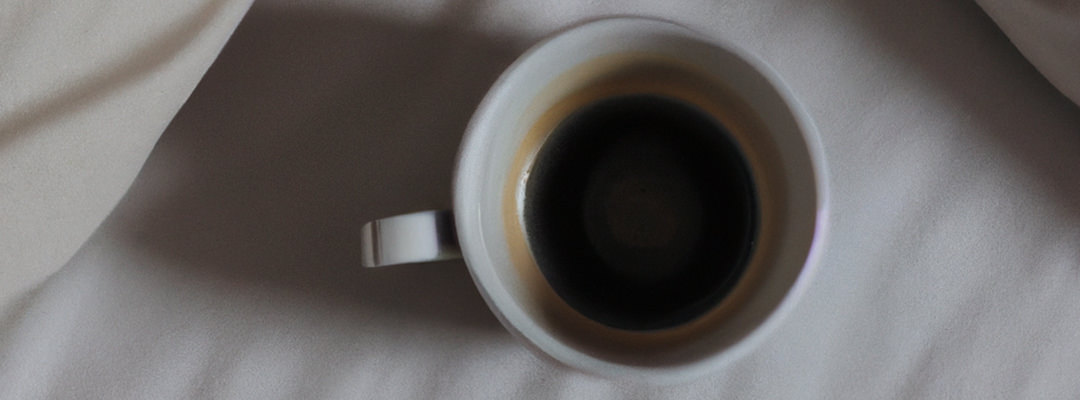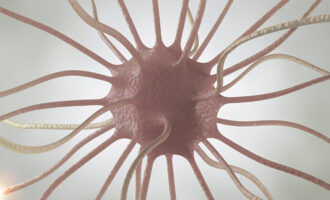Caffeine does not directly cause sleep paralysis, but it is important to avoid caffeine if you suffer from it. Caffeine can make sleep paralysis symptoms worse and make it more difficult to manage. If you enjoy having a cup of coffee from time to time, it is important to do so in moderation.
What is sleep paralysis?
Sleep paralysis is a condition in which a person cannot move or speak while falling asleep or upon waking up. It can last for a few seconds to a few minutes. It may be accompanied by hallucinations and a feeling of being suffocated. Sleep paralysis is a symptom of narcolepsy, but it can also occur in people who do not have narcolepsy.
While sleep paralysis occurs, there’s a disruption in the sleep cycle. The body’s transition to or from Rapid Eye Movement sleep is out of sync with the brain. Although the person’s body is still in a paralyzed sleep condition, their consciousness is awake.
Sleep paralysis can be a very frightening experience. Some people believe that they are being attacked by evil spirits. Others may think that they are going crazy. Sleep paralysis is not dangerous, and it is not indicative of any underlying mental or physical health condition.
There are a few things that can increase the risk of sleep paralysis, such as sleep deprivation, stress, and certain medications. Research has shown that some people may be more susceptible to it due to their family history or mental health.
There are a few healthy sleep habits that can reduce the risk of sleep paralysis, such as maintaining a regular sleep schedule, reducing stress, and avoiding sleep deprivation. If sleep paralysis does occur, it is important to stay calm in your bed and wait for it to pass.
How does caffeine work?
Caffeine, like any other psychoactive drug, can impact sleep. In general, caffeine will make it harder to fall asleep and stay asleep. Its impact on sleep can vary, depending on how much is consumed, how sensitive a person is to it, and when during the day the caffeine is consumed. Caffeine consumed in the morning is less likely to impact sleep than when consumed in the afternoon or before bedtime. Don’t forget that the half-life of caffeine (the time it takes the body to eliminate half of what was consumed) is around 3 to 4 hours.

There are many different mechanisms by which caffeine can impact sleep quality. It is a stimulant, and as such, it can act to increase alertness and wakefulness. Caffeine can also delay the onset of sleep and reduce the overall amount of time spent in deep sleep. In addition, caffeine can increase the number of times a person wakes up at night.
The impact of caffeine on sleep can have short-term and long-term consequences just like alcohol. In the short-term, sleep loss can lead to fatigue, irritability, and difficulty concentrating. In the long term, sleep loss can contribute to chronic health problems such as obesity, heart disease, and diabetes.
If you regularly consume caffeine and are having difficulty sleeping or having insomnia, there are a few things you can do to minimize its impact on your sleep. First, avoid consuming caffeine in the afternoon or evening. Second, limit the amount you consume. And finally, if you are sensitive to caffeine, consider avoiding it altogether.
Can caffeine trigger sleep paralysis?
Caffeine is a psychoactive drug that has several effects on the human body. One of the most well-known effects of caffeine is its ability to improve alertness and wakefulness. Caffeine works by binding to adenosine receptors in the brain, which prevents adenosine from performing its normal function of promoting sleepiness, and can disturb your circadian rhythm. This can lead to increased alertness and wakefulness, as well as several other effects.
Caffeine has been shown to impact sleep paralysis in many ways:
- First, caffeine consumption has been shown to increase the frequency of sleep paralysis episodes. This is likely because caffeine can lead to increased wakefulness and a decrease in the amount of time spent in deep sleep, both of which are associated with an increased risk of sleep paralysis.
- Additionally, it has been shown to increase the duration of sleep paralysis episodes. This is likely due to an increase in the level of arousal during sleep, which can prolong the period of time during which sleep paralysis occurs.
- Finally, it has been shown to increase the intensity of sleep paralysis episodes. This is likely because it can lead to an increase in the level of muscle tension during sleep, which can make it more difficult to move during an episode of sleep paralysis.
Overall, drinking caffeine can have a significant impact on sleep paralysis. Caffeine can increase the frequency, duration, and intensity of sleep paralysis episodes. This can be a problem for people who suffer from sleep paralysis, making the condition more difficult to manage.
Did you like it?4.5/5 (30)





